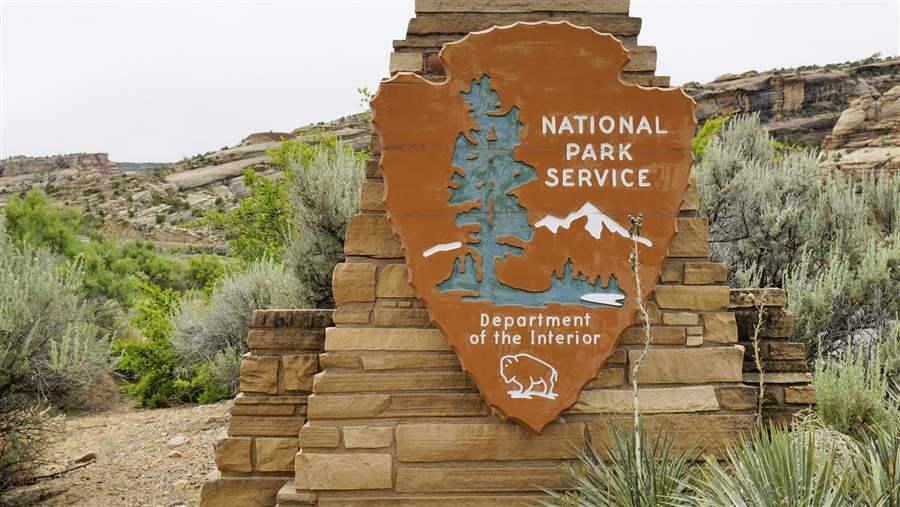Warner-Portman Bill Seeks to Fix Our National Parks

The National Park Service enters its second century with a backlog of repairs approaching nearly $12 billion. Legislation introduced in the Senate would dedicate annual funding to address deferred maintenance at more than 400 national park sites.
© iStockphoto
Washington—The Pew Charitable Trusts commended U.S. Senators Mark Warner (D-VA) and Rob Portman (R-OH) for introducing legislation today that would dedicate annual funding to address deferred maintenance at more than 400 National Park sites. Marcia Argust, who directs Pew’s efforts to restore America’s parks, issued the following statement:
“National parks continue to be our common ground. Senators Warner and Portman demonstrated leadership and foresight today by introducing legislation to ensure that our nation’s most significant historical and natural resources will be protected and that communities dependent on park tourism will continue to flourish.
“This year, the National Park Service entered its second century with a backlog of repairs approaching nearly $12 billion. Work is needed to improve visitor access and safety, preserve the parks’ natural and cultural resources, and support local economies—which benefited from nearly $17 billion in park visitor spending in 2015.
“If adopted, this legislation would provide a set amount of money each year to repair decaying historic buildings; deteriorating memorials; impassible trails; outdated water, electrical and sewer systems; and crumbling roads.
“Pew hopes that lawmakers support this bill to preserve America’s history, scenic wonders, and recreational treasures. Reliable funding to fix our parks is just one important step, however. In addition to passing this bill, we ask Congress to explore other ways to address overdue repairs at national parks, including establishing public-private partnerships; investing more highway trust fund dollars to help pay for park road repairs; and including substantial park maintenance provisions in any national infrastructure package.”
More information on deferred maintenance in national parks is available at pewtrusts.org/en/projects/restore-americas-parks.
The Pew Charitable Trusts is driven by the power of knowledge to solve today’s most challenging problems. Learn more at pewtrusts.org.


America’s Overdose Crisis
Sign up for our five-email course explaining the overdose crisis in America, the state of treatment access, and ways to improve care
Sign up
Why America's National Parks Need Help
Starved of funding, our national parks have fallen into grave disrepair over the past few decades. The dawning of the National Park Service’s second century presents us with an urgent challenge: to rejuvenate America’s “best idea.”
Why America's National Parks Need Help









